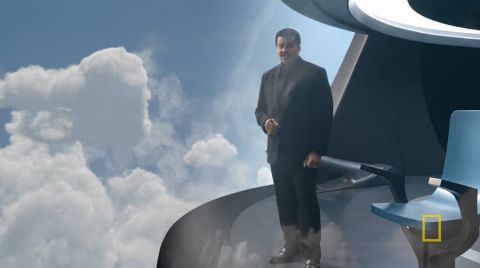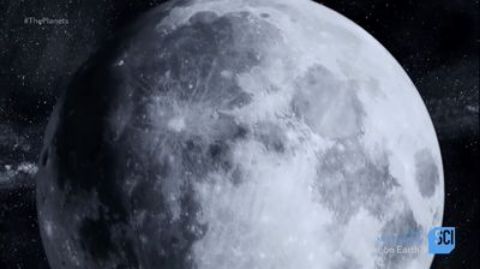Mangalyaan: India's Mission to Mars • 2017
On the anniversary of the launch of one of the most successful space mission to Mars, the National Geographic Channel is set to premiere a documentary on the Mars Orbiter Mission (MOM) also known as Mangalyaan. The MOM, was launched on November 5 in 2013 by Indian Space Research Organisation (ISRO) and entered the orbit of the red planet on September 24, 2014. The documentary produced by Miditech captures its enthralling journey of over 650 million kilometeres. In its most daring missions to date, India successfully sent a spacecraft to orbit around Mars, making it the fourth space agency in the world and the first Asian country, to successfully send a mission to the red planet. And they did this in record time, choosing a unique route and on a shoe-string budget, pulling off what is now globally recognised as the cheapest ride to Mars! So how did the (ISRO) scientists, with no previous experience in sending an inter planetary mission, design, develop and successfully launch and navigate Mangalyaan through space? What were the hurdles they faced and what out of the box solutions did they come up with to address those challenges? Using a combination of live action, expert interviews, archive footage and graphic representations the film captures the tension and drama points of the space mission. The documentary also focus on the salient features of the mission, all the drama, excitement, last minute preparations, the countdown and the successful launch.
Make a donation
Buy a brother a hot coffee? Or a cold beer?
Hope you're finding these documentaries fascinating and eye-opening. It's just me, working hard behind the scenes to bring you this enriching content.
Running and maintaining a website like this takes time and resources. That's why I'm reaching out to you. If you appreciate what I do and would like to support my efforts, would you consider "buying me a coffee"?
Donation addresses
BTC: bc1q8ldskxh4x9qnddhcrgcun8rtvddeldm2a07r2v
ETH: 0x5CCAAA1afc5c5D814129d99277dDb5A979672116
With your donation through , you can show your appreciation and help me keep this project going. Every contribution, no matter how small, makes a significant impact. It goes directly towards covering server costs.





